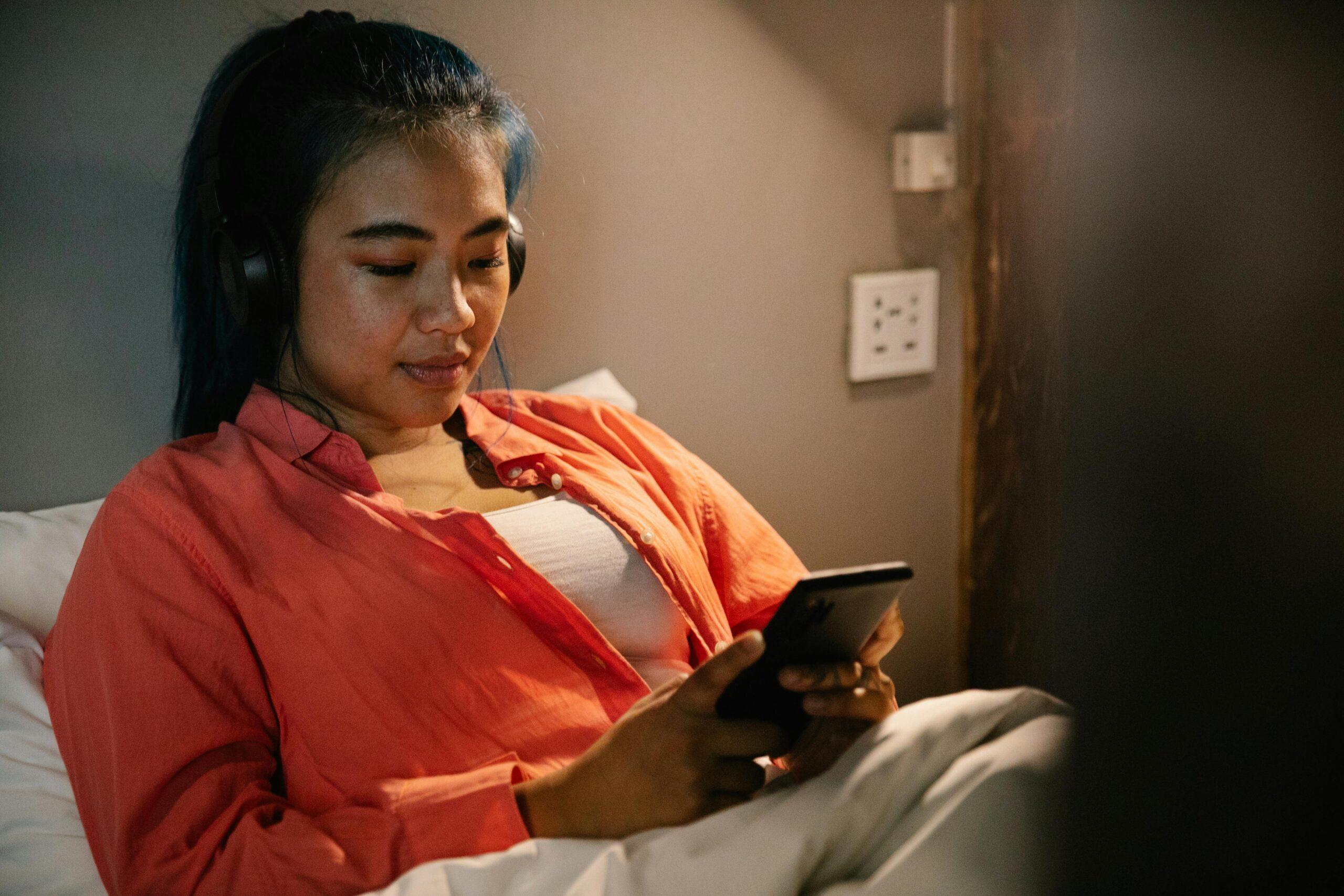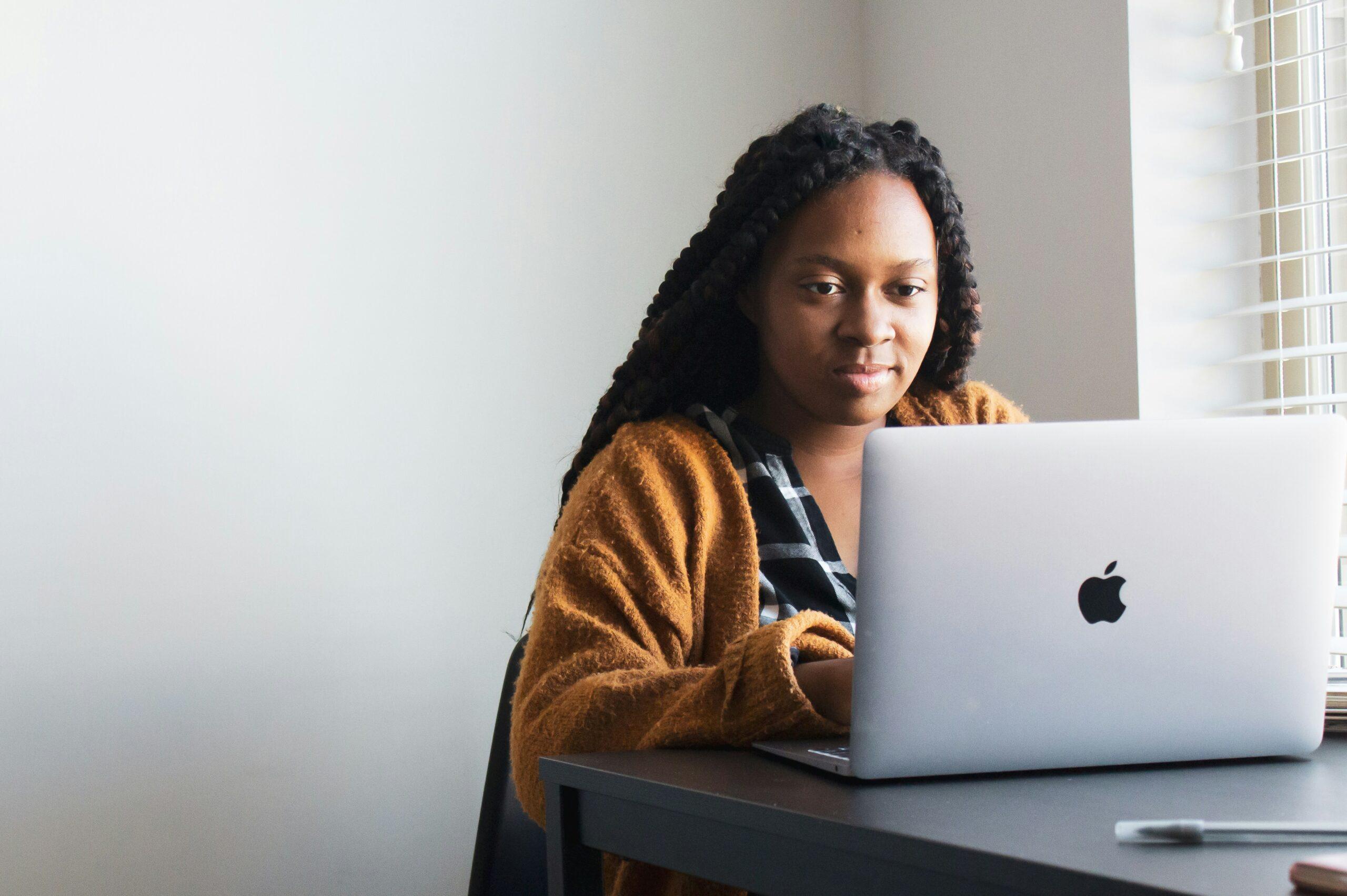5 Keys To Break Your Old Habits And Reap New Benefits

With the end of January in sight, most of us will have given some thought by now as to what we want to achieve in 2017. Whether it’s losing weight, getting a new job, giving up a bad habit, or swearing to find love, don’t give up! And if you haven’t set any resolutions yet, you can still get started now!
A common resolution is to be healthier and to try new things – something which (on paper at least) can be achieved in one by taking up a new sport, the perfect way to improve both your mind and body. But putting this into practice can actually be a lot more difficult than it seems as the results of a new survey from Neilson Holidays reveals.
The study shows that on average UK adults only try a new activity every five and a half years and, as we age, the frequency with which we try new things decreases still further with 50-65 year olds last learning something new nine years ago!
It can feel extremely hard to break an old routine and overcome the mental blocks and excuses we tell ourselves when we’re scared about trying new pursuits. As such, we’ve teamed up with Neilson who has been working with transformational coach, wellbeing consultant and founder of The Authentic Life Company Robert Hutchinson to offer advice on how to get out of your rut and brave new challenges, before the next five years rolls around!
1. Don’t fall into the Catch 22
The study shows that one of the main reasons for not trying a new active pursuit is that the participants lacked confidence about their fitness levels. This is a real Catch-22 because of course by practicing a sport you will become fitter, however it’s a genuine mental block for a lot of people. The problem here is self-comparison, comparing yourself unfavourably to others who may be fitter, younger or appear more confident. Most active hobbies have many different entry levels and age bands from beginner through to expert level, so the best answer to this block would be to find the right level to match your fitness and age. Avoid thinking about how you match-up to your fellow enthusiasts, remember that this is about you, not them.
2. Be inspired by your family
Humans are very sociable by nature and highly influenced by the people closest to us at home and at work. In fact, the five people we spend the most time with have a significant effect on our thinking, behaviour and outlook. If we see the process of learning a new physical activity having a positive effect on someone close to us then that will inspire us to go after the same benefits. Persisting with learning a new activity also comes into play because consistent effort over time is needed to become proficient and it’s so easy to give up. Strong incentives are necessary to encourage someone to continue through the difficulties and the most effective incentives are praise and recognition sustained over time.
3. Make the most of holiday time
Research shows that the ability to learn a new sport does not diminish significantly with age so why does the gap between trying new things widen as we get older? It’s likely to come down to opportunity. Learning a new activity takes time to try it out and it then takes even more time to become proficient. One of the ways to overcome this is to start a new active pursuit on holiday when there is less pressure on your time. Going on holiday forces you to switch off your everyday autopilot and to be fully present in the moment. So learning a new activity on holiday is a win-win situation. Being out of your familiar world physically creates the mental time and space to try something new, to exercise, to stimulate the brain away from the everyday pressures and commitments that might get in the way at home.
4. Be mindful (without meditating)
Instead of seeing the brain as an independent blob of grey matter that runs the show, we now understand that the brain functions more like a muscle; it needs to be exercised to keep it in good condition. New experiences are a fundamental requirement for mental growth and the brain loves stimulation; it grows with use and it withers with inactivity. The process of learning is great for concentration and focus, and learning a new sport naturally brings full focus into the present moment. You don’t need to think about being focused when you’re learning a new activity, you just focus automatically. There’s a huge amount of evidence to show that mindfulness reduces anxiety and stress and boosts mood and feelings of wellbeing. The state of full focus in the present moment while learning a new sport is a mindful state.
5. Rekindle an old passion
We’ve given up on so many of the activities we used to enjoy as children, Neilson’s survey shows that almost two thirds of adults have given up the activities they enjoyed in childhood. However, rekindling an old passion such as netball, hockey or swimming is just as good as trying something brand new. Finding the thing you love doing the most helps you to confidently express who you are as a person and will lead to greater self-confidence as a result. You’ll also find you’re likely to join a new and appropriate group of like-minded individuals meaning you’re more likely to stick at it and continue to develop your skills and fitness doing something you love.





